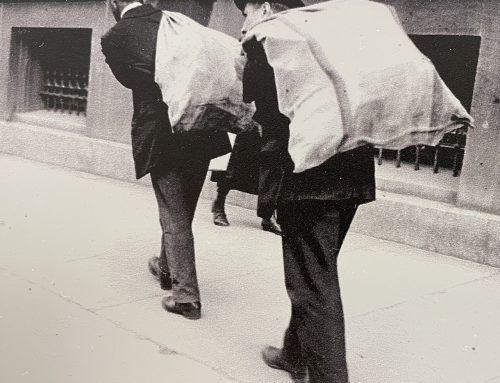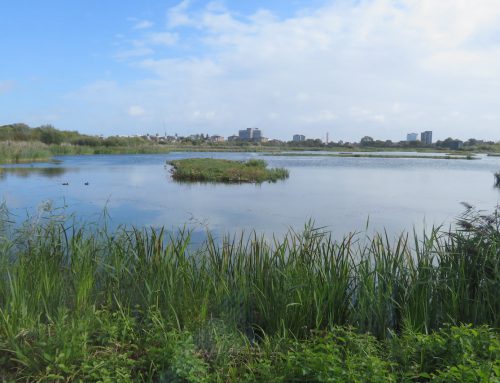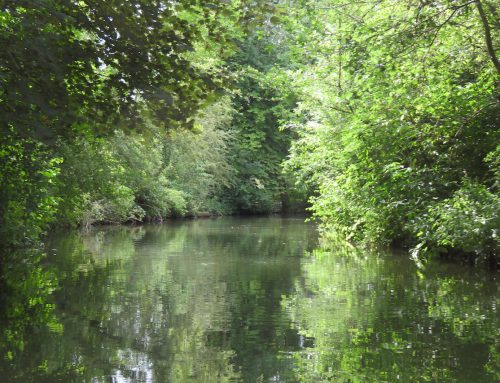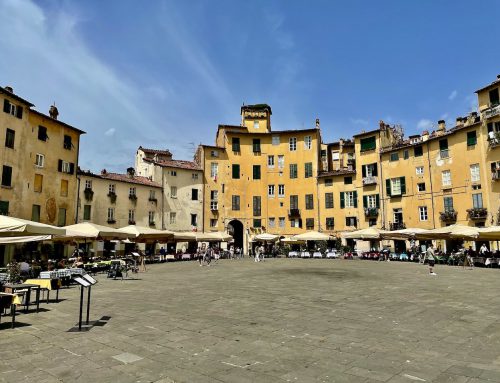Where did I leave my Vitamin D?
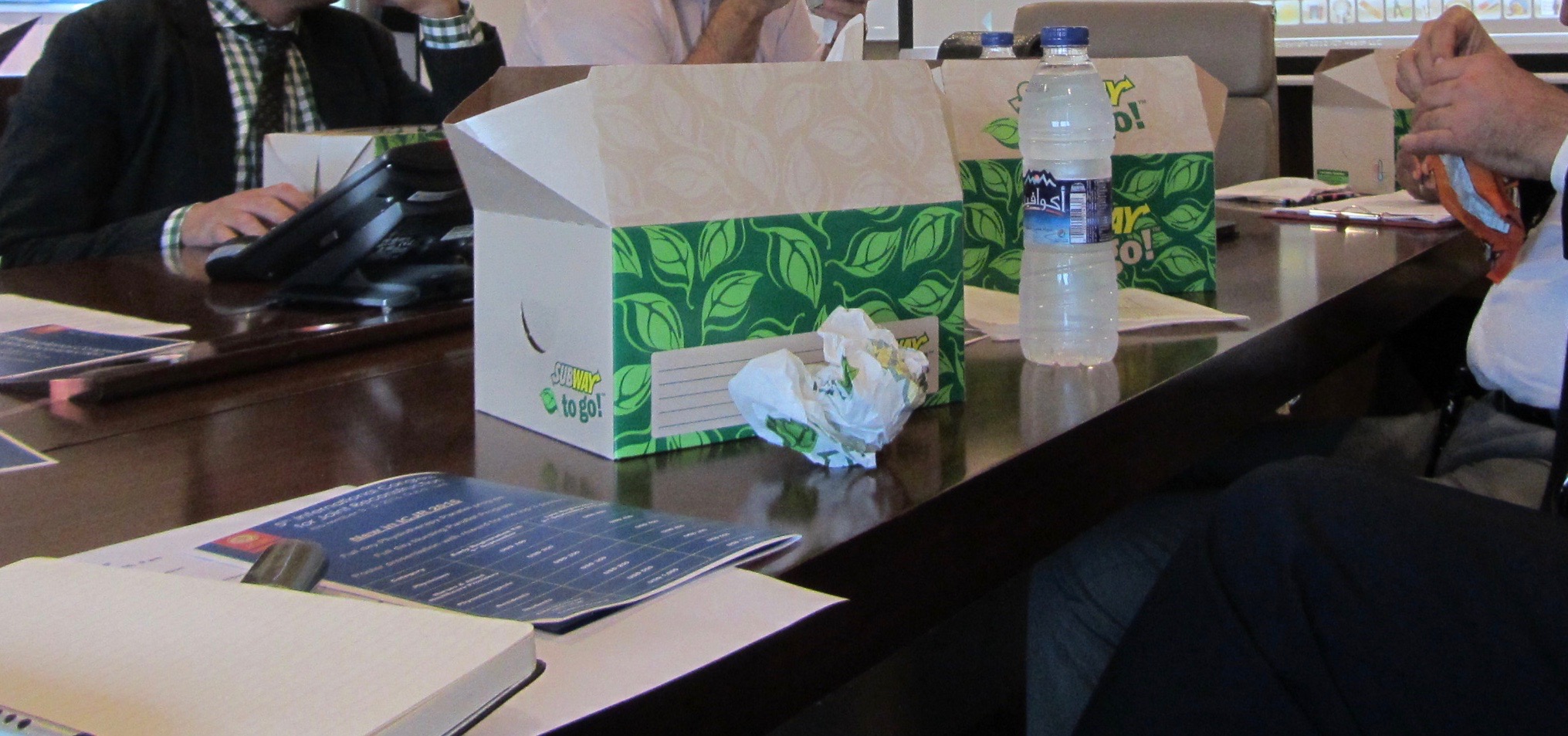
The soggy cardboard breakfast that my colleagues guzzle down

Version 2
The soggy cardboard breakfast that my colleagues guzzle down
Dubai, UAE
A major feature of working in Dubai is the opportunity to talk closely with colleagues. Strangely, the interaction I have in the sunny UAE is more regular and involved than I have ever experienced back home. There is a sense of being a team. Unexpectedly to a non-medic perhaps, it is simple in medicine for a doctor to feel lonely, despite being surrounded by colleagues every minute of every day in a hospital, a clinic, or elsewhere. And when there are no colleagues, there are patients. You are rarely alone. Try taking a personal telephone call during a busy, working, medical day and you will see exactly what I mean. There is no place and no time you can call your own. It is lonely yet it is busy, which I wager does not make sense.
But the high spot of my working Dubai week is the Tuesday consultant meeting, where everyone squashes into the tiniest of conference rooms first thing in the morning and difficult cases are discussed. It is also an opportunity to share problems. You know, that complex patient from the back of beyond who presents with a syndrome you may never have seen. You can be sure someone round that table will have done so. It is then that you realise so many of these difficulties affect everyone, not just you. Professionally the meeting is first rate. But gastronomically? That is a different matter. You see, the low point of Tuesday mornings is the breakfast. I do like my colleagues but, let’s face it, a packed Dubai breakfast crammed into a limp cardboard box is not the easiest way of maintaining friendship. The food is remarkably Western, too. Somehow the traditional Arab touch has disappeared. Come on, where in the Arab world did anyone suggest a burger was an appropriate way to start the day?
My salvation, if that is the right word, is the tiny cafeteria almost tactically positioned to one side of the hospital’s main entrance. It is easily missed. So often empty - mind you it only has four tables on a good day - it must have the best coffee in the entire UAE. At least that is my view. It does also sell what it proudly declares to be English cake. Believe me, no self-respecting Englishman would go anywhere near the stuff but it is interesting to see how other nations regard the typical Brit. The cake is basically a rock-hard, compressed sponge. I always feel I should have a slice for Tuesday breakfast, once I have turned up my nose at the cardboard burger, which my colleagues appear content to consume with glee.
Anyway, the reason for my digression is to illustrate that we medics do spend a lot of time talking. It is no bad thing. The topics are as diverse as the Emirates population although there is one topic in particular that stands clear from the rest. The subject is Vitamin D. It is actually called Vitamin D because it was the fourth vitamin ever to be named, appearing centre stage in 1922.
When I was a medical student, and in my early years of training, I had barely heard of Vitamin D. I knew it had something to do with sunshine, I knew it was so-called fat-soluble, and I knew it was good for your bones. That was about it. Now, it appears, Vitamin D has taken the high ground and is blamed on just about everything mankind invented and much of what it did not. It is now known that this vitamin, far from being a lonely and once ignored substance, is actually a group of chemicals with fancy names like cholecalciferol (or Vitamin D3) and ergocalciferol (or Vitamin D2). At the last count there were at least five different forms that club together to become what is widely and simply called Vitamin D.
Few foods contain these, although if you like salmon, tuna and sardines, cooked egg yolk, or even lichen should you be a vegan, then they come laden with Vitamin D3. Happily, if you have a mushroom fetish, as I do, then you will also be fine for Vitamin D2. By my reckoning, and writing as the nutritionist I am not, that means a full-fried English breakfast - those greasy sunny-side-up eggs and masses of mushroom - will have your Vitamin D sorted. You might drop dead from too much cholesterol, of course, but that is a different matter. At least your bones will be in good running order. Now how is that for appalling medical advice?
However, what I was always told was that you needed light to assure decent levels of Vitamin D. In fact, animals have been making their own Vitamin D by what is called a photochemical process for the best part of 350 million years. Mankind has not been around that long but the same nevertheless applies to you and me. So if your system cannot handle endless English breakfasts, and you decide not to cheat by taking Vitamin D tablets by mouth, then the stuff is made from exposure of something called 7-dehydrocholesterol in your skin to ultraviolet light.
And therein lies the problem in Dubai, of course. The emirate receives an astonishing amount of sunshine; hardly ever less than 8 hours each day and as many as 12 hours daily in June. Meanwhile the best London can do for sunshine is a daily average of 8 hours and normally less than four. Not forgetting the up to 19 days of rainfall that make a typical London January.
So you would have thought that the one thing from which Dubai would remain untroubled is lack of Vitamin D; the population should be bombarded with ultraviolet light wherever it may choose to go. Yet sadly the reality is different. Amazingly, up to 90% of the population is Vitamin D deficient, the ladies in particular. This is likely the result of being covered up whenever in public and spending so much of life indoors. Take a look at the huge shopping malls. You may feel you are outdoors but you are not. You are actually inside, under cover, and illuminated by artificial light. No wonder Vitamin D supplements sell like hot cakes and no surprises that bone thinning - we call it osteoporosis - is so common.
The question I am frequently asked is how much sun exposure is needed to assure a decent level of Vitamin D? Oh dear, how can anyone answer such a query accurately? Basically, you need to be outdoors as much as you can, but not outdoors so much that you spring a melanoma, that skin cancer that is so common in sunny parts of the world. For Vitamin D it is said that roughly 10-15 minutes a day of UK-type sunshine will do. You know the sunshine I mean. Somewhere low in the sky is a whitish-yellow blob that disappears the moment it emerges. Occasionally it is so faint that you might think it is the moon. The fading disc spends most of its day behind a tree, behind a cloud, maybe behind both, or disappearing altogether when it rains.
For the orthopaedic surgeon - they are the ones who specialise in bones - lack of Vitamin D is clearly important as so much of the workload can be related to that. Low Vitamin D equals thin bones equals a broken bone equals an operation. The list of things that can go wrong when Vitamin D is lacking seems longer each time I look. However, in contrast, it appears that the higher your Vitamin D, the longer you might live and the lower your chances of developing cancer. It seems also that you can have a better pregnancy, whatever that might mean. Meanwhile there is plenty of research to suggest that normal levels of Vitamin D can reduce your chance of heart disease, strokes, multiple sclerosis, depression and even dementia. Now there’s a thought. I clearly need to guzzle a few tablets before my next go at one of those prize-entry crosswords.
Yet also apparent is that Vitamin D is blamed for so many things despite little evidence to suggest it is truly at fault. Here’s one. Right now there is a virus going crazy in the Americas - the Zika virus. If you have not heard of it then might I suggest you clearly do not listen to the news? However, Vitamin D has already entered the fray. Normal levels, they say, can act as biological body armour against Zika. Well who knows? Maybe they are right, maybe they are wrong but what is clear is that Vitamin D is centre stage for the moment. For all I know it will be held responsible for the future of Europe. After all, it is blamed for head sweating, gut trouble, achy bones, and insomnia, while some regard it as being a brilliant…wait for it… aphrodisiac. In that respect it sits alongside nuts, asparagus, garlic, oysters and avocados. That is perhaps why the Aztecs used to call the avocado tree, the testicle tree. Not a word of a lie.
So where did I leave those Vitamin D tablets? Oh dear, they seem to have disappeared. I really will have to find them. One look in the mirror has told me so. It has been one of those days where the person looking out is not the same as the person looking in. The guy looking out was a million years old - a sort of wrinkle takeover - the guy looking in felt about 20. Did I not read somewhere that Vitamin D was anti-ageing?
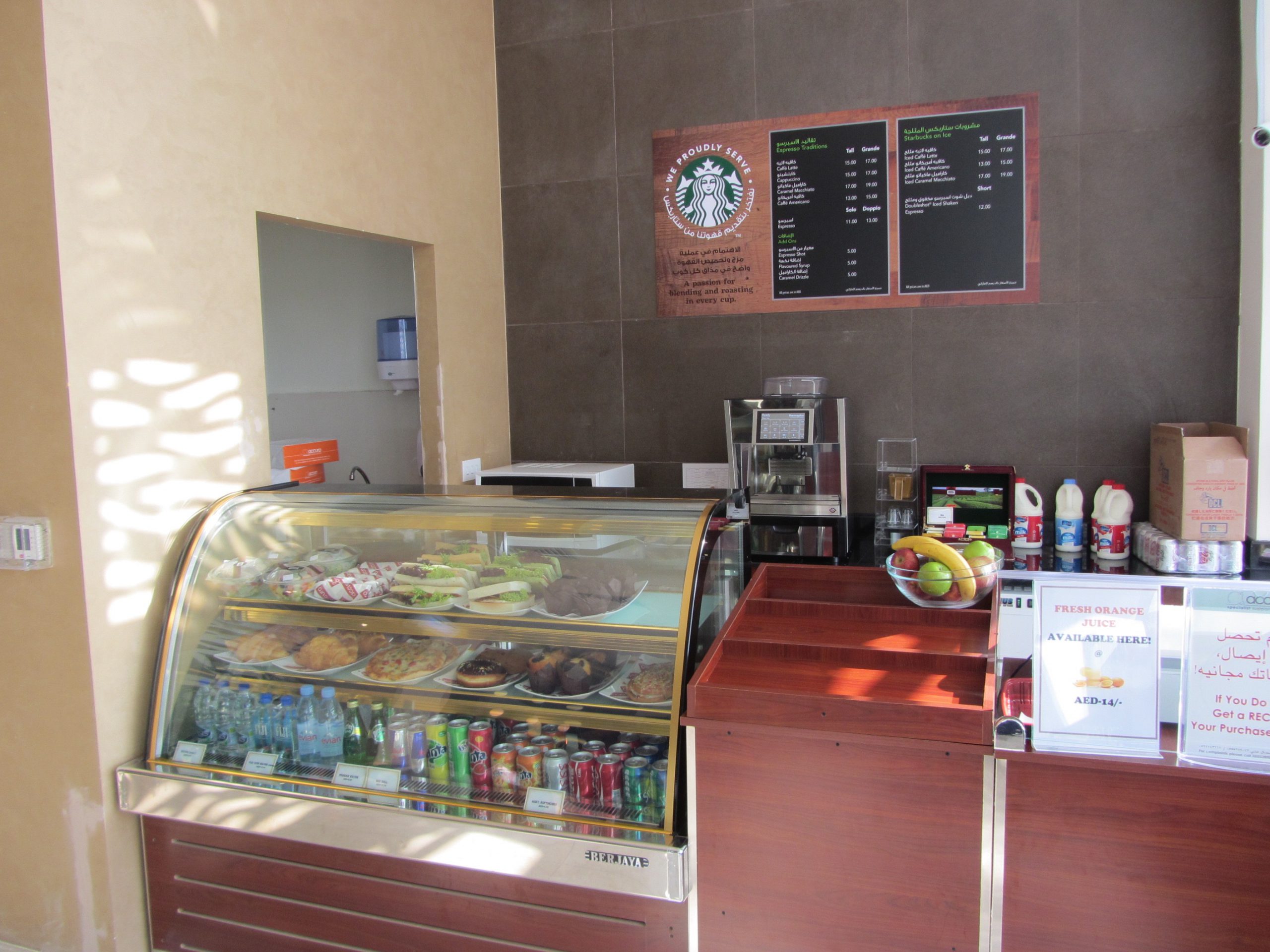
The best coffee in the world, if you are me, and a secret source of English cake
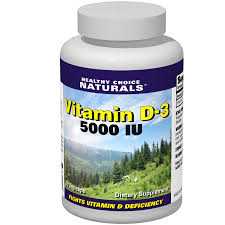
Who knows - it could also be an aphrodisiac (www.shop.healthychoicenaturals.com)

